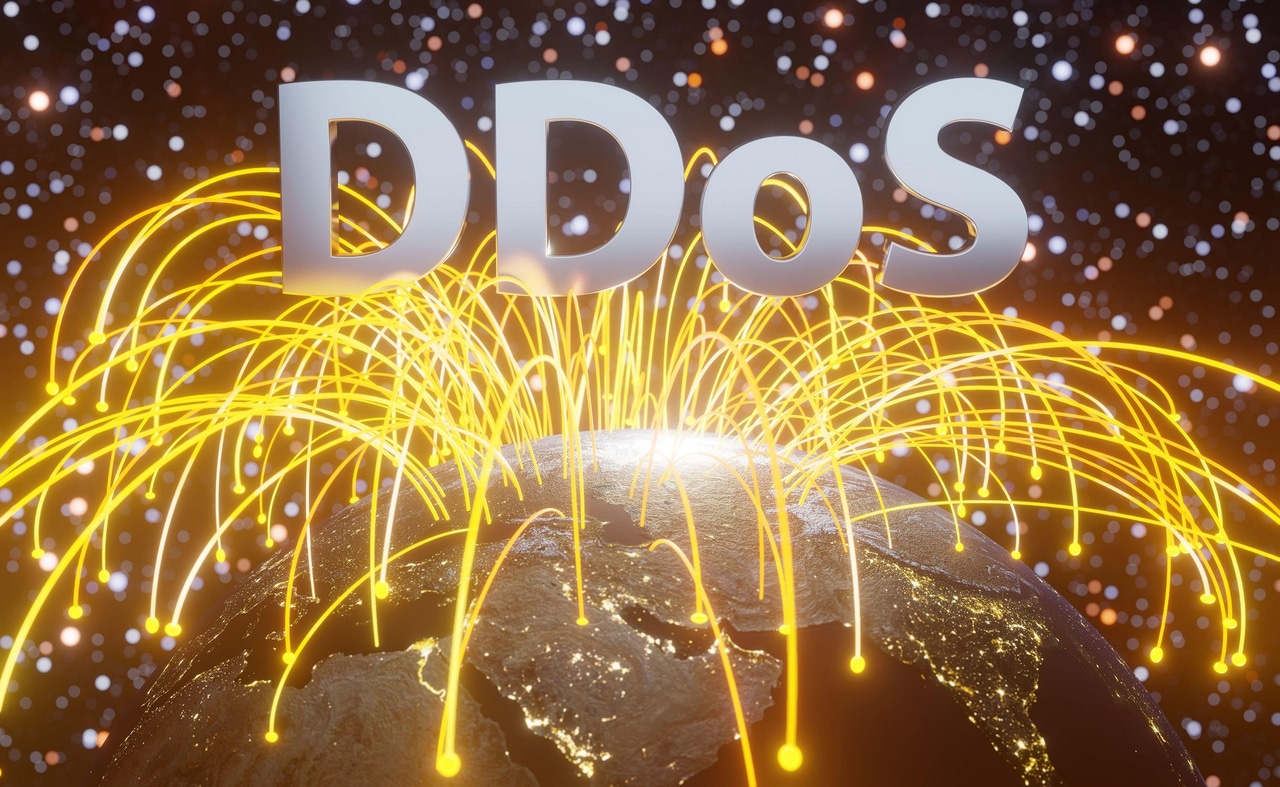How Nation-State DDoS Attacks Impact Us All
Global organizations and geopolitical entities must adopt new strategies to combat the growing sophistication in attacks that parallel the complexities of our new geopolitical reality.

COMMENTARY
Today, it's rare for a month to pass without reports of new distributed denial-of-service (DDoS) attacks driven by geopolitical instability. Now, a single attack can include numerous countries and networks. While the war between Russia and Ukraine and elections in NATO countries like Poland drive geopolitically focused DDoS attacks, it's important to understand that these threats were present long before these conflicts, and will be around long after. But why are these attacks against governmental institutions so prominent, and why do they impact all of us in the first place?
That is partially because changes in political leadership often correlate directly with a spike in DDoS attacks. For example, in Poland, DDoS attack volume increased fourfold within days of its new government being sworn into office. These spikes often result from hacktivist groups (e.g., KillNet, Noname057, Anonymous Sudan) opposing the viewpoints of newly elected officials. They impact the rest of us because DDoS attacks must cross multiple Internet service providers (ISPs) to reach the intended victim.
Unfortunately, even an attack that is effectively mitigated will use up valuable resources on any ISP network it reaches. We refer to this as the "DDoS tax," which increases the cost of network operation, making it more expensive for everyone. In fact, global ISPs reported a 500% global increase in HTTP/S application layer attacks since 2019, and 17% growth in DNS reflection/amplification volumes in the first half of 2023. Furthermore, it is alarming that carpet-bombing attacks, a technique that simultaneously targets entire IP address ranges, increased by 110% from the first to the second half of 2022, with most attacks occurring against ISP networks.
The bottom line is that there is no escape from DDoS attacks on governmental institutions, and threat intelligence needs to be taken more seriously because of how universal the threat can be when it comes to compromising global ISP networks and additional IT infrastructure. Therefore, it is key for governmental entities to suppress DDoS attacks before they can begin.
Comprehensive and Adaptive Defenses for Evolving DDoS Attacks
With nation-states, bad actors often directly target Internet infrastructure to take out critical communications, ecommerce, and other vital infrastructure dependent on Internet connectivity. That means attackers target ISP networks to purposefully degrade Internet connectivity. Further, these bad actors typically have vastly more resources at their disposal than other attackers. They constantly innovate and explore new and more powerful DDoS attack vectors, evidenced by the creation of new ones every year, such as DNS Water Torture and Carpet Bombing. All the while, as DDoS defenses become more effective, bad actors continue to sidestep these defenses with new DDoS attack vectors and methodologies. These advanced techniques invariably find their way into the hands of criminal gangs and even individual hackers, who turn them against any entity from whom they can profit.
With the increased persistence of cybercriminals and the growth in complexity of DDoS attacks, the foundation for a comprehensive DDoS protection solution should identify and stop all types of DDoS attacks before they impact the availability of business-critical services. With today's growing frequency and complexity of DDoS attacks, a multilayer defense strategy is now no longer nice to have, but a requirement. New techniques such as adaptive DDoS strategies, which change vectors based on the defense that is presented, reinforce the need for better agility and efficiency when it comes to managing these increasingly complex attacks.
In the end, threat actors will continue using DDoS attacks as a way to further disrupt and inflame sociopolitical tensions around the world. Security professionals need to consider both local and international conflicts when assessing the DDoS risk factors associated with nation-state attacks. The unfortunate reality is that bad actors continue to find new ways to orchestrate attacks through evolving methodologies. As such, global organizations and geopolitical entities must adopt new strategies right now, such as advanced DDoS defense and suppression, to combat this growing sophistication in attacks that parallel the complexities of our new geopolitical reality.
About the Author(s)
You May Also Like
CISO Perspectives: How to make AI an Accelerator, Not a Blocker
August 20, 2024Securing Your Cloud Assets
August 27, 2024




